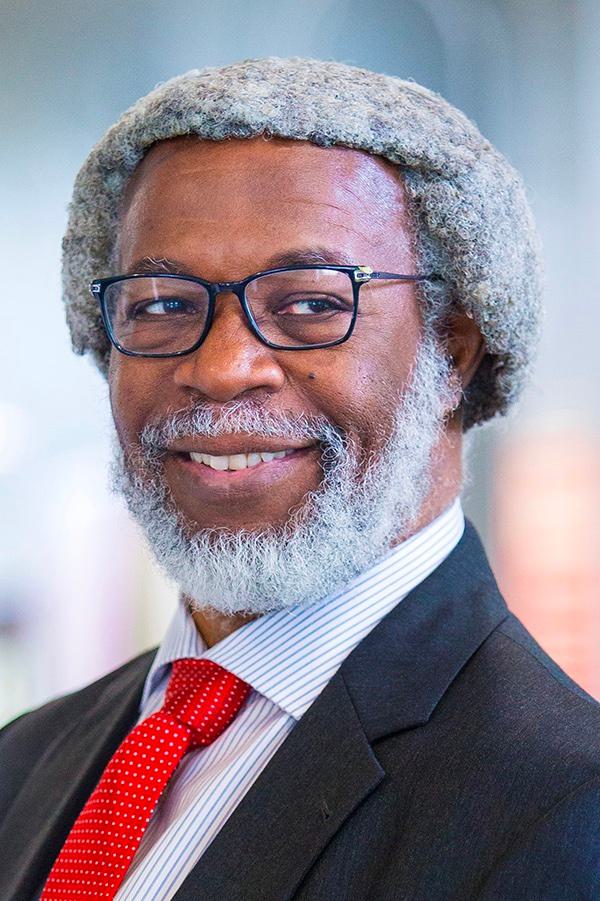Dean’s Voices of Inclusive Excellence Lecture
- To
- Physical Sciences Complex

About the Talk
Reflecting on a lifetime of formative experiences in both integrated and segregated environments, eminent scientist Professor Sylvester James "Jim" Gates Jr. shares his journey of defying racial obstacles to achieve the career of his dreams in math and science. Gates' lived experiences demonstrate the importance of access to STEM education for students of color, highlighting the integral role of diversity in achieving innovation and excellence in math and science. This talk is appropriate for all members of the UMD and local community, including those who seek to be inspired to pursue or persist in STEM education and careers, those interested in diversity advocacy in STEM, and those interested in learning more about the fascinating life journey of an internationally famous Black scientist.
About the Speaker
Sylvester James "Jim" Gates Jr. is a theoretical physicist who works at the boundary of physics and mathematics. He holds the Clark Leadership Chair in Science and a joint appointment in the Department of Physics and the School of Public Policy at the University of Maryland. He also holds the titles of Distinguished University Professor and Regents Professor.
In 1984, working with M.T. Grisaru, M. Rocek and W. Siegel, Gates co-authored "Superspace," the first comprehensive book on the topic of supersymmetry. His doctoral thesis was the first at MIT to investigate the subject of supersymmetry and he has continued to actively research supersymmetry, supergravity and superstring theory, authoring over 200 publications in the field.
Gates was born December 15, 1950, the child of a father who served in the U.S. Army for 27 years. Gates was raised in a variety of locations in the U.S. and Canada. He earned two B.S. degrees (mathematics and physics) in 1973 and a Ph.D. in physics in 1977, all from MIT. The year 2023 marks the 52nd consecutive year of his university-level teaching at institutions as diverse as Caltech, Howard University, Gustavus Adophus College, MIT, Brown University and the University of Maryland. Among his teaching awards are the American Association of Physics Teachers' Klopsteg Award, Howard University's 21st Century Initiative Award and MIT’s MLK Award. From 1991 to 1993, he served as the chair of Howard University's Department of Physics and Astronomy.
Gates served as president of the American Physical Society (APS) from 2019 to 2022, as a member of the U.S. President's Council of Advisors on Science and Technology (PCAST) and the National Commission on Forensic Science, and on the Maryland State Board of Education. He is a member of the National Academy of Sciences, the American Academy of Arts and Sciences, and the American Association for the Advancement of Science.
Among the countless awards bestowed upon him for his accomplishments, Gates was awarded the National Medal of Science by President Barack Obama, received the first APS Bouchet Award, was named "Scientist of the Year" by the Harvard Foundation, and received the APS Andrew Gemant Award for "instilling a deep and humanistic love of physics in generations of students, being a steadfast ambassador of science policy and the history of physics, and his persistent dedication to communicating the wonders of the field."
His 2015 essay "Thoughts on Creativity, Diversity and Innovation in Science & Education" was cited in the Supreme Court decision known as Fisher v. Texas and has informed STEM diversity advocacy for nearly a decade.
This event is open to all.
Location
Physical Sciences Complex
Thursday, October 19, 2023
3:30 p.m. Reception
4 p.m. Lecture
John S. Toll Physics Building, Room 1410
This event is open to all.